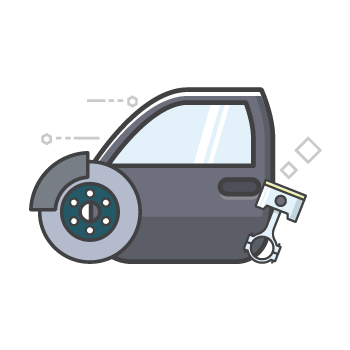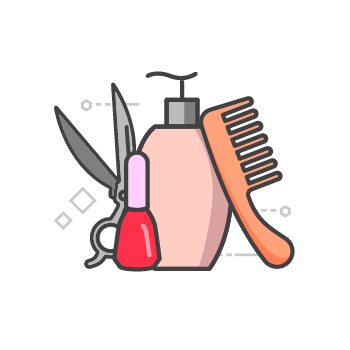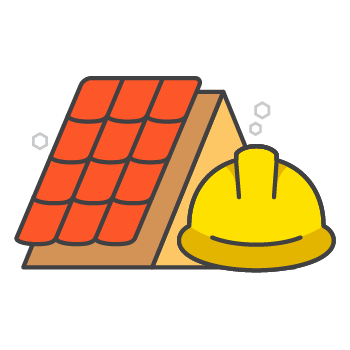Health Tips: Understanding Your Blood Pressure
by Karen Rollins Nov 2, 2020

High blood pressure (also known as hypertension) is a common health problem in the Caribbean.
Researchers at the British Heart Foundation have found that people of African Caribbean descent have a much higher risk of developing high blood pressure than other ethnic groups, but the exact reasons for this are unclear.
High blood pressure is a contributing factor for strokes, heart attacks and heart failure, but understanding more about your blood pressure, and how you can control it, will help you stay healthy and live longer.
What is blood pressure?
Blood pressure is the measure of how strongly your blood presses against the walls of your arteries when it is pumped around your body.
If the pressure is too high, it puts a strain on your blood vessels, arteries and organs, which can cause health problems and lead to a heart attack or stroke.
High blood pressure, or hypertension, develops when your blood pressure is consistently too high.
What are the symptoms of high blood pressure?
Generally, people with high blood pressure do not have any symptoms, so you will only know if your blood pressure is high if you have it checked.
All adults over 40 are advised to have their blood pressure checked at least every five years, but people with a higher risk should get it checked more often.
Blood pressure is recorded with two numbers. The systolic pressure (bigger number) is the force at which your heart pumps blood around your body. The diastolic pressure (smaller number) is the resistance to the blood flow in the blood vessels. They’re both measured in millimetres of mercury (mmHg).
* Ideal blood pressure is usually between 90/60mmHg and 120/80mmHg
* High blood pressure is 140/90mmHg or higher (or 150/90mmHg or higher if you’re over the age of 80)
How can I keep my blood pressure under control?
Healthy lifestyle changes can reduce your chances of developing high blood pressure and help lower your blood pressure if it’s already high.
Eating a balanced diet, regular exercise, cutting back on salt, alcohol and caffeine, and losing weight if you are overweight, will all assist with keeping your blood pressure in check.
People who already have high blood pressure may also be prescribed medication to stop their blood pressure getting too high. You should take these tablets as directed by your GP to keep your blood pressure under control.
—
Getting your blood pressure monitored on a regular basis will show whether it is consistently above the ideal range.
If you need to act, small changes to your diet, along with exercise, will hopefully ensure that your blood pressure never gets to the stage where you need lifelong medical intervention.
Sources: British Heart Foundation, American Heart Association, NHS UK, and The Stroke Association.







